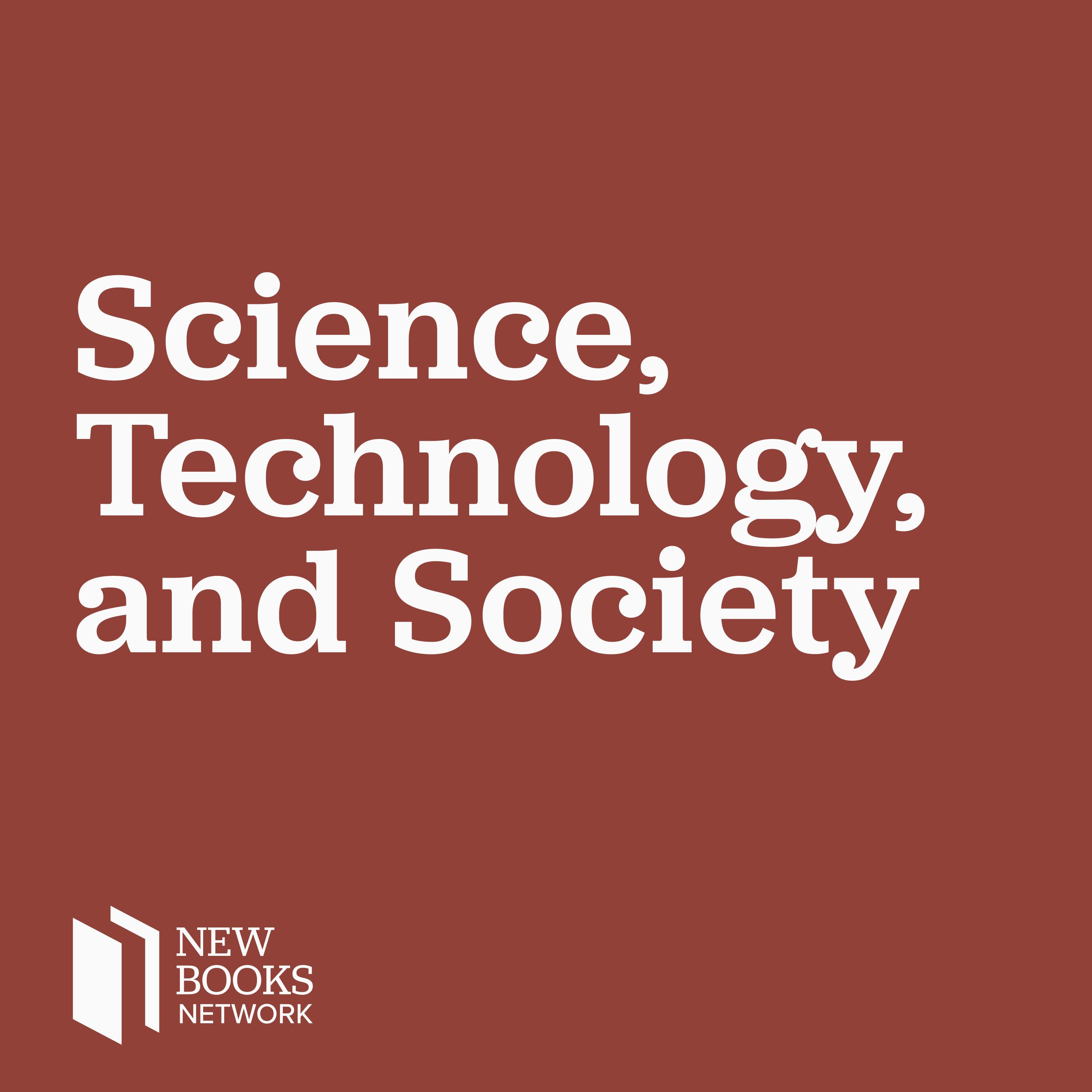157 Mangrum's Comical Computation (JP) - New Books in Science, Technology, and Society
Description
When does comedy become more than a laugh? Ben Mangrum of MIT joins RtB to discuss his new book, The Comedy of Computation: Or, How I Learned to Stop Worrying and Love Obsolescence (Stanford UP, 2025), which in some ways is organized around “the intriguing idea that human knowledge work is our definitive feature and yet the machines we are ourselves made are going to replace us at it.”
Comedy has provided a toolbox (Charles Tilly calls them "collective repertoires") for responding to the looming obsolescence of knowledge workers.John's interest in Menippean satire within science fiction leads him to ask about about the sliding meanings of comedy and its pachinko machine capacity; he loves the way Ben uses the word and concept of doubling,; Ben explains how the computer may either queer (in an antisocial way) or get assimilated into romantic heteronormative pairings. John asks about Donna Haraway’s 1985 A Cyborg Manifesto and teh way it denaturalizes gender roles and the way new technological affordances (from the Acheulean axe that Malafouris discusses to the Apple watch) redefine human roles. Ben delves into the minstrelsy pre-history of the photo-robots going as far back as the late 19th century. They unpack the distinctively American Leo Marxian optimism of The Machine in the Garden (1964) that spreads back as far as the proto-robots like The Steam Man of the Prairies(1868) and good old Tik-Tok in the Wizard of Oz novels.
John asks about double-edged nature of Ben’s claim that comic “genericity provides forms for making a computationally mediated social world seem more habitable, even as it also provides Is for criticizing and objecting to that world." First you get description says Ben--and then sometimes critique. John asks about the iterability of the new: how much of what seems new actually New New (in the sense of that great 1999 Michael Lewis book, The New New Thing)?
Mentioned in the episode:
The Desk Set a play William Marchand and a movie starring Katherine Hepburn. How might a computer be incorporated into the sociability of a couple?
Her (Spike Jonze,, 2013) computer meets human makes the rom-com into a coupling machine.
WarGames (1983( ends with Matthew Broderick and Ally Sheedy (not Ione Skye—silly John!) paired. But also with Broderick and the formerly deadly computer settling down to “how about a nice game of chess”?
Black Mirror as the 2020’s version of the same dark satire as the 1950’s Twilight Zone.- John asks about Stanislaw Lem’s Cyberiad, and the comic coupling of Kirk and Spock and the death-as-computer comedy of Douglas Adam’s Hitchhiker’s Guide to the Galaxy (1979).
- Leo Marx, The Machine in the Garden (1964).
- Dave Eggers: the joke structure as critique in The Circle and The Every.
- John Saybrook wrote in the New Yorker about an eye-opening conversation with Bill Gates in 1994.
Istvan Csicsery-Ronay's Seven Beauties of Science Fiction on the “fictionalization of everyday life"
Recallable Books:
- Elif Batuman The Idiot (2017)
- Richard Powers, Plowing the Dark (2000)
- Sally Rooney, Conversations with Friends (2017)
Listen and Read here.
Learn more about your ad choices. Visit megaphone.fm/adchoices
Support our show by becoming a premium member! https://newbooksnetwork.supportingcast.fm/science-technology-and-society


















